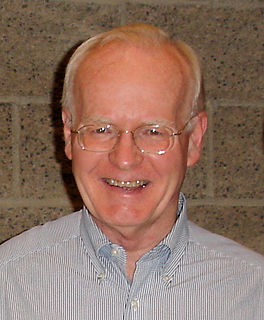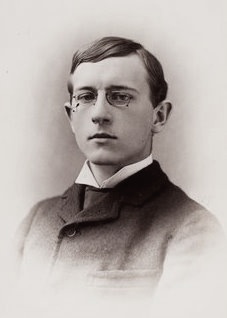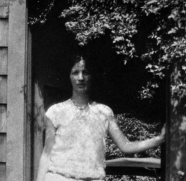A Quote by Aristotle
Accordingly, the poet should prefer probable impossibilities to improbable possibilities. The tragic plot must not be composed of irrational parts.
Related Quotes
Once the idea of a supernaturalistic creation is fully overcome, the idea returns that the universe must be self-organizing and therefore composed of self-moving parts. Also, insofar as dualistic assumptions are fully overcome and human experience is accepted as fully natural, it begins to seem probable that something analogous to our experience and self-movement is a feature of every level of nature.
[Attributing the origin of life to spontaneous generation.] However improbable we regard this event, it will almost certainly happen at least once.... The time... is of the order of two billion years.... Given so much time, the "impossible" becomes possible, the possible probable, and the probable virtually certain. One only has to wait: time itself performs the miracles.
It is not possible, for a poet, writing in any language, to protect himself from the tragic elements in human life.... [ellipsis in source] Illness, old age, and death--subjects as ancient as humanity--these are the subjects that the poet must speak of very nearly from the first moment that he begins to speak.





































